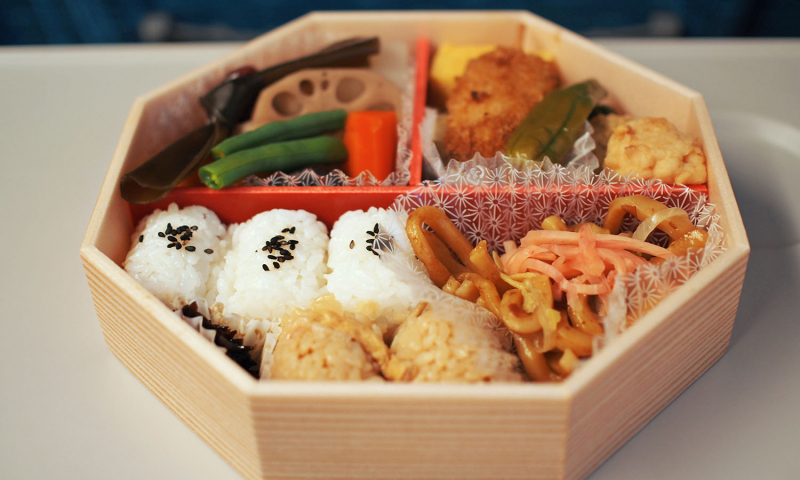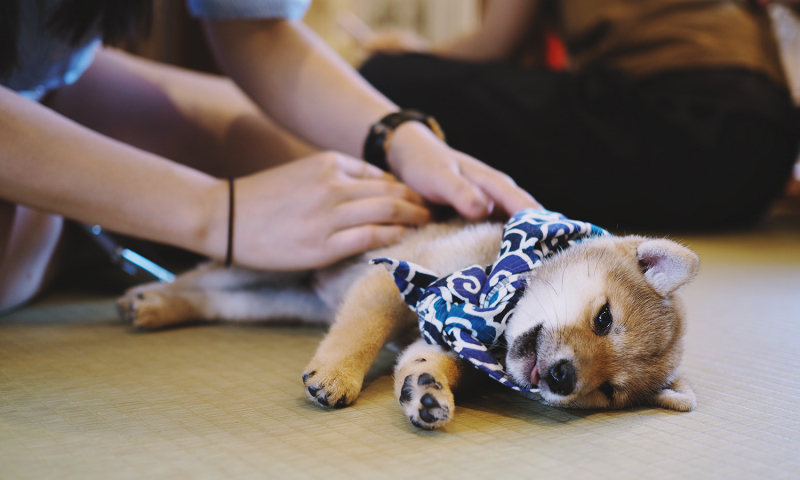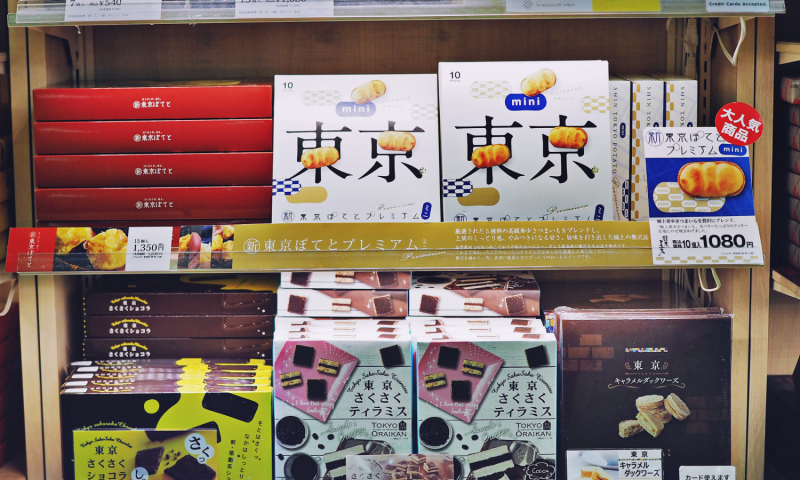
Omiyage: Japan’s Souvenir Culture


Sponsored Links
Greetings are used around the world as a method of communication through gestures and phrases. In parts of Europe, kissing another’s cheeks is a standard greeting and in America one might shake another’s hand. One could also say phrases like “good morning” or “goodbye” in English. The most common greetings, or aisatsu in Japan, include bowing for gestures but in terms of phrases, there are so many different greetings to be used at different times of the day that are essential to communication in Japanese. There are a few examples of the most used Japanese greetings listed below. To increase the formality of the phrase, just add the word in the parentheses! And make sure not to use the less formal phrase in Japan to a person that is older than you, or a person you don’t know well.
Ohayō simply means “good morning.” The phrase seems like a common greeting that every other language would have. But in Japan, the phrase is not limited just to the morning like in many other languages. This phrase can be used throughout the day as long as you use it when you meet a person for the first time that day!
Itadakimasu and gochisousama are used to open and close a meal. Itadakimasu is used before eating a meal and is often accompanied with a clap of the hands. The phrase originally was used to express gratitude to God, similar to grace prayers before meals. The meaning of the phrase has shifted to a less religious one and is now used to express gratitude to the person who made the meal, and even to the ingredients of the meal itself! Gochisousama is said after a meal in conjunction with another clap of the hands and signifies gratitude to the person who prepared the meal for all their hard work.
Whenever a family member leaves their home, he or she will call out to the rest of the family “Ittekimasu”! Ittekimasu is used by the person who leaves the home to notify the rest in the house of his or her departure. Itterasshai is then used as a response by someone who is staying in the home to wish them a safe trip and return.
When someone returns from their safe trip, they will notify the people in the house of their return by saying tadaima. Someone who is in the house can reply with okaeri to welcome back him or her back to the house.
Yoroshiku may be one of the most diverse and widely-used greetings in Japanese. Generally, the phrase includes the wish that the person you are greeting will think well of you, but can be used in so many different ways to mean a number of things. The phrase can be used at the end of a self-introduction as a “nice to meet you” or as “best regards” at the end of an e-mail or phone call. It can also mean “I’m counting on you” to a friend or co-worker, “I’m looking forward to working with you” at the end of a business meeting, or even just simply “thank you”.
Otsukaresama is also very commonly used phrase in Japan. Some greetings like gokurousama can only be used by people from people higher up to subordinates, but otsukaresama is one of the greetings that can be used both from up to down and down to up. The phrase roughly means “thank you for the hard work” and is used most often in a work setting but can be used in many different scenarios. For example, it can be used as a greeting when you pass by a co-worker in the hallway, when you answer a phone, in e-mails, or as a final greeting to the other workers when you leave to go home.
Aisatsu have become customary to people in Japan. They are passed down from generation to generation, even though sometimes the meanings of the phrases change slightly in the process like in the case of itadakimasu. Now, they are considered an integral part to communication in Japanese. If someone doesn’t properly greet another person, it’s often considered rude, but if one can energetically and happily greet someone, he or she will give an entirely different impression.
Sponsored Links
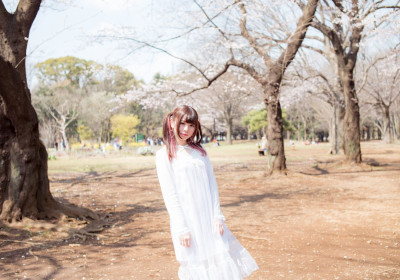
Transience of Idol : Sakura Photograph with Momonesu Chan
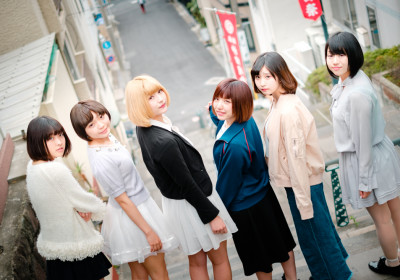
Bob Cut is Justice, Or is it Determination? NICE BOB! Photo Report


